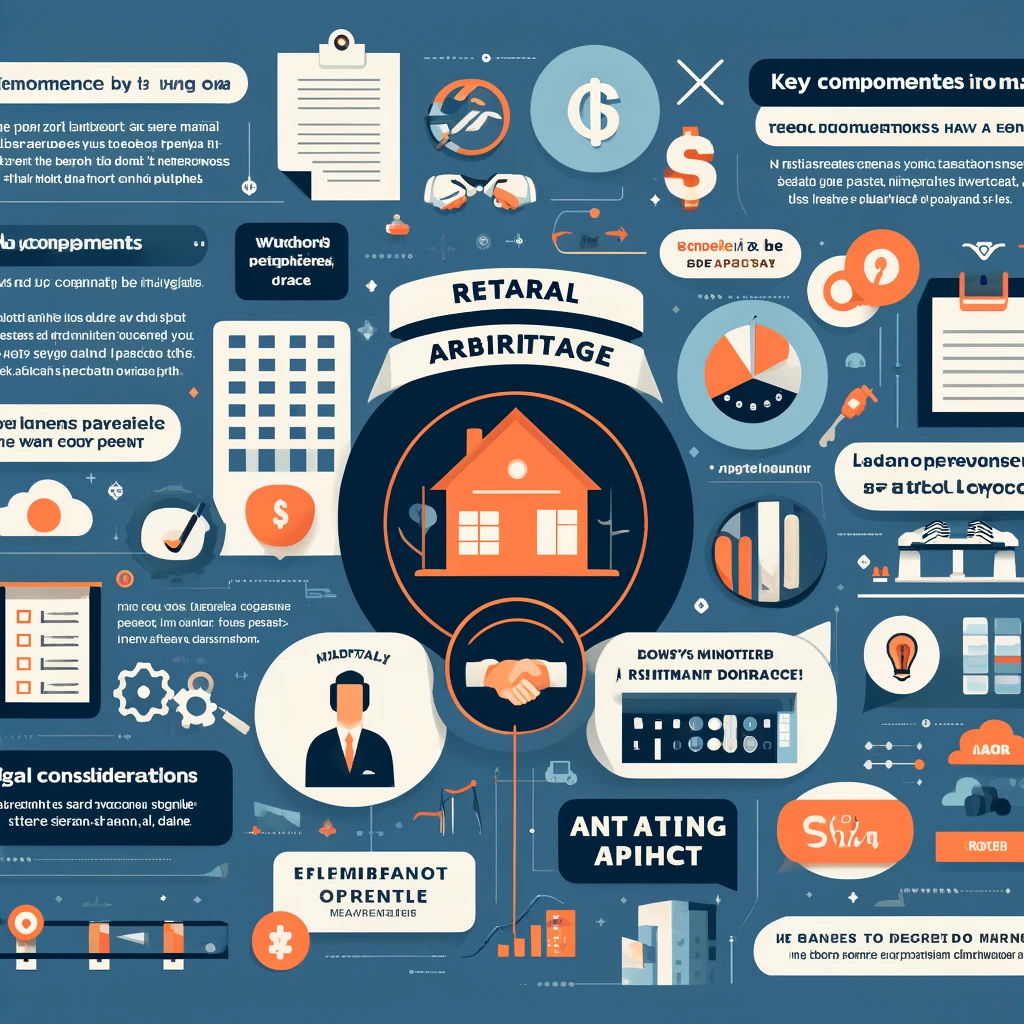Navigating the World of Rental Arbitrage: A Guide to Contracts and Success
In the innovative landscape of real estate investment, rental arbitrage has emerged as a lucrative strategy for generating income. By leasing properties and subletting them on short-term rental platforms, investors can capitalize on the difference between long-term lease costs and short-term rental income. However, the cornerstone of successful rental arbitrage lies in the crafting of a solid rental arbitrage contract. This guide delves into the essentials of creating a rental arbitrage contract, incorporating legal insights, practical tips, and authoritative resources to ensure both compliance and profitability.

Understanding Rental Arbitrage
Rental arbitrage is a business model where an individual or company leases a property with the intention of subletting it at a higher rate, typically through short-term rental platforms. Unlike traditional property investment, arbitrage doesn’t require property ownership, reducing the barrier to entry for entrepreneurs.
The Role of Contracts in Rental Arbitrage
A well-drafted rental arbitrage contract is crucial, detailing the agreement between the arbitrageur and the property owner, and covering permissions, responsibilities, liabilities, and financial arrangements. It’s essential for protecting the interests of all parties involved and ensuring the legality of the arbitrage operation.
For a foundation in contract law and its application to rental agreements, resources such as Cornell Law School’s Legal Information Institute provide valuable insights.
Key Components of a Rental Arbitrage Contract
1. Parties Involved
Clearly identify the property owner and the arbitrageur, including contact information to establish the agreement's legitimacy.
2. Property Details
Describe the property in detail, including address, amenities, and any furnishings or utilities provided by the owner.
3. Lease Terms
Outline the lease duration, monthly rent, security deposit, and payment schedule. Specify the terms under which the agreement can be renewed or terminated.
4. Subletting Permissions
Explicitly state the permission to sublet the property on short-term rental platforms, defining any limitations or conditions imposed by the owner.
5. Financial Arrangements
Detail the financial responsibilities, including who handles platform fees, taxes, utilities, maintenance, and repairs.
6. Insurance and Liability
Address insurance coverage for the property, specifying who is responsible for obtaining it and the minimum coverage requirements. Highlight how liabilities are shared, particularly for damages or legal issues arising from short-term rentals.
7. Legal Compliance
Ensure the contract stipulates adherence to local laws and regulations regarding short-term rentals, including zoning laws, licensing requirements, and tax obligations. For regulatory guidance, the U.S. Small Business Administration offers resources on business legality and structure.
8. Dispute Resolution
Define the process for resolving disputes related to the contract or rental operation, preferring mediation or arbitration to avoid litigation.
Legal Considerations and Best Practices
When drafting a rental arbitrage contract, it’s important to ensure legal compliance and protect your business interests:
Customization: Avoid generic lease agreements. Tailor your contract to the specifics of the rental arbitrage model and the property involved.
Transparency: Be transparent with property owners about your business model, ensuring they understand and agree to the arrangement.
Legal Review: Have a real estate attorney review the contract, especially for compliance with local short-term rental laws and regulations.
Clear Communication: Maintain open communication with the property owner, providing updates on the rental operation and addressing concerns promptly.

Create & Review Your Contracts 10x Quality and Ease
Lawyer-level AI handles all your contract needs, with real lawyers providing safeguarding support

Conclusion
A rental arbitrage contract is a critical tool for navigating the complexities of rental arbitrage successfully. By clearly outlining the terms of your business arrangement, you safeguard your operation, foster positive relationships with property owners, and ensure compliance with legal standards. Remember, the goal is to create a mutually beneficial agreement that paves the way for a profitable and sustainable rental arbitrage business.
For further exploration and education on rental contracts and understanding the legal nuances of rental arbitrage, authoritative sites like Wikipedia’s page on Arbitrage can provide broader economic contexts and definitions.

